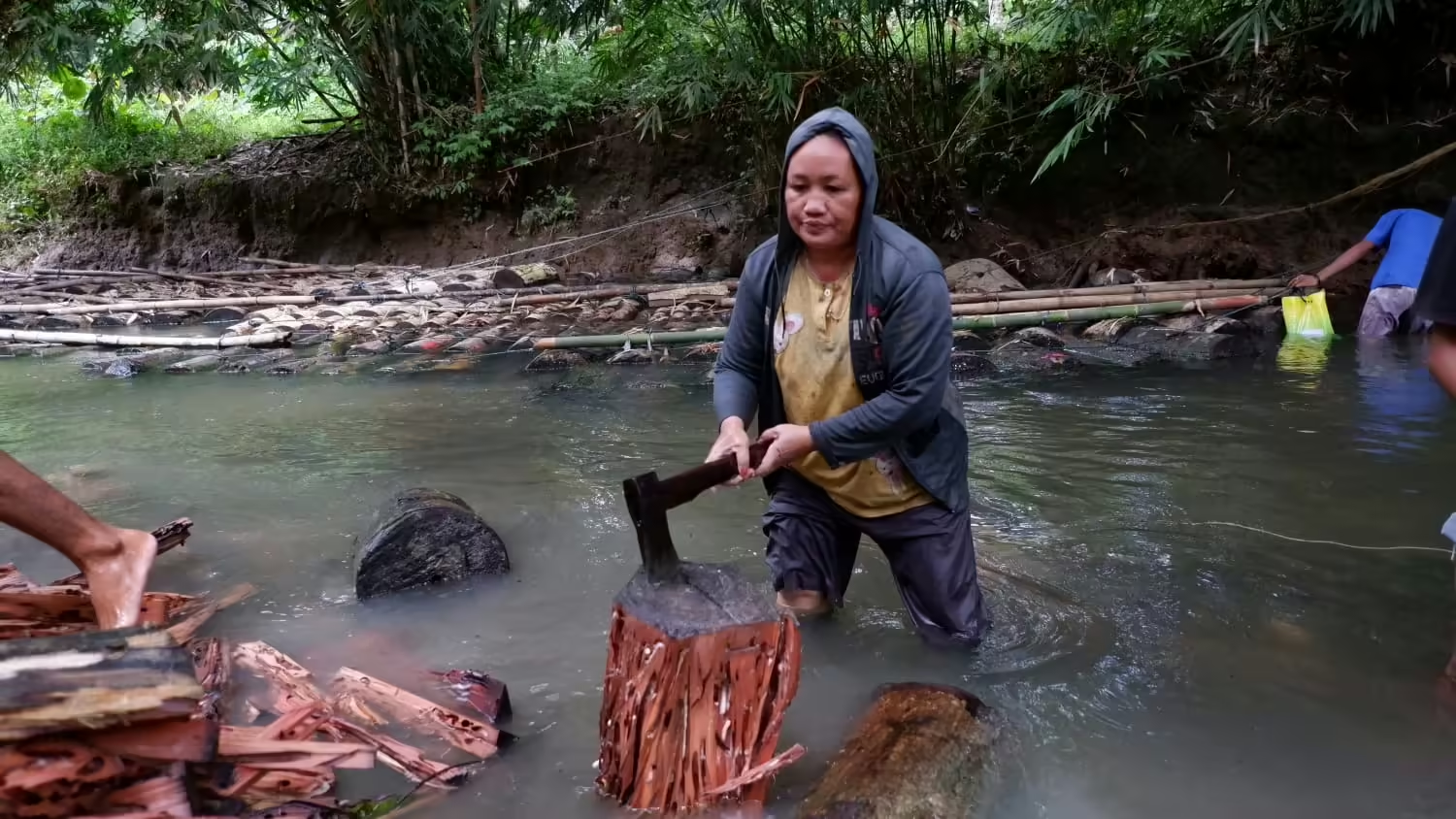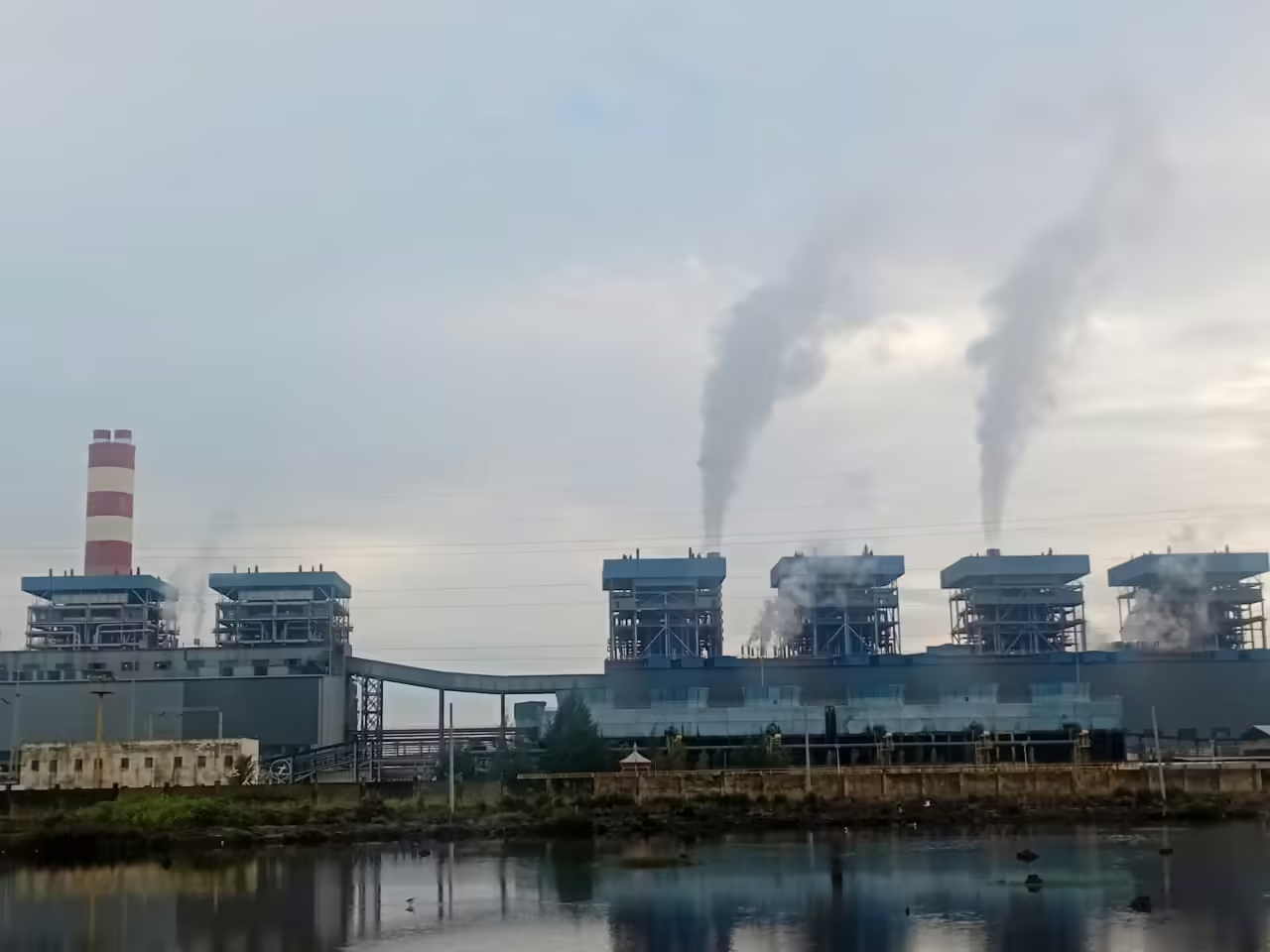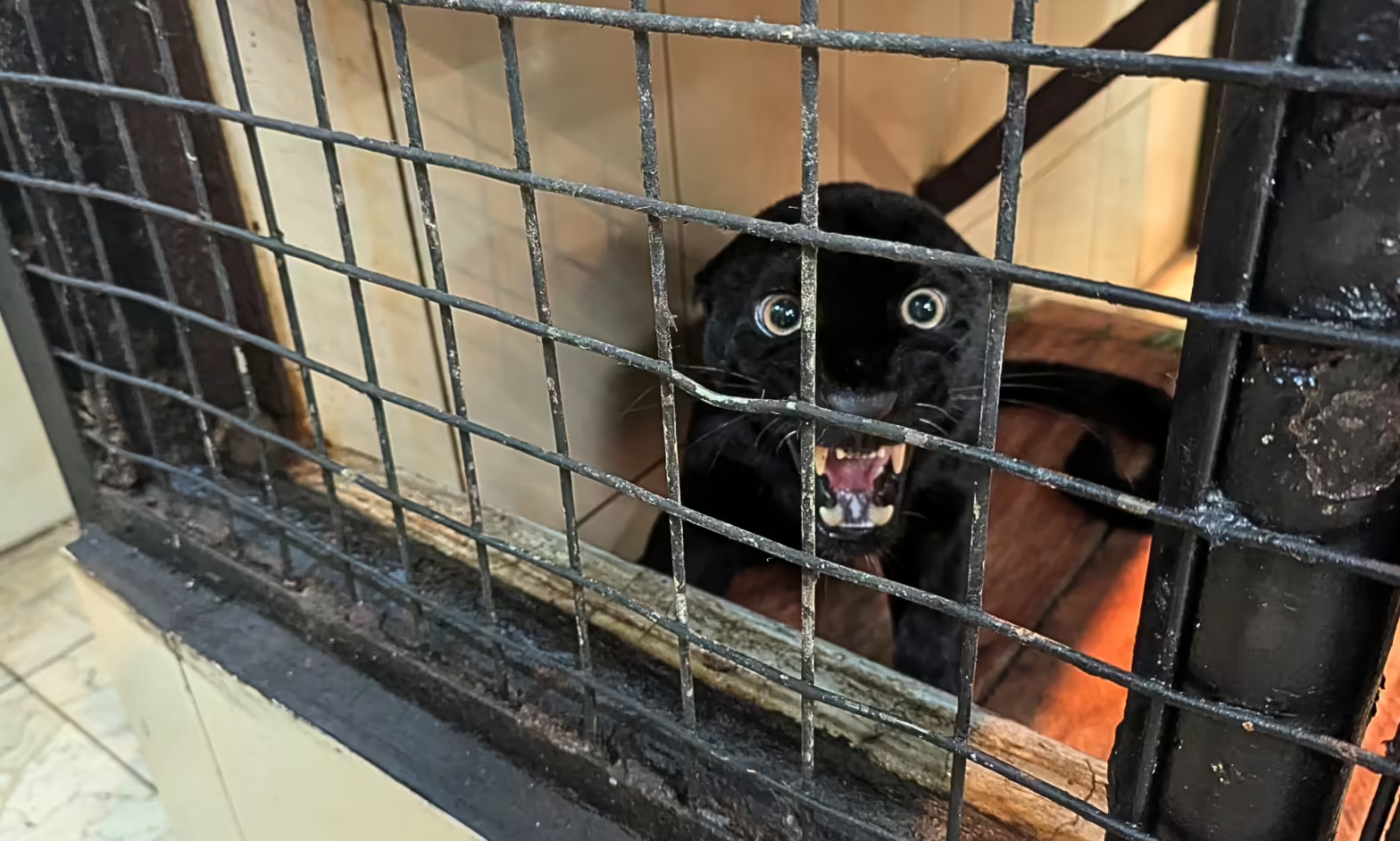Jakarta, Ekuatorial – Vice President Jusuf Kalla called for cooperation between countries to save Indonesian forests instead of playing ‘blame game’ on who’s destroying the forests at the 2015 Tropical Landscape Summit, held in Jakarta, on Monday (27/4).
“Let us do it [protect forests] together. Don’t blame others. Don’t blame Indonesia or Brazil but you enjoy furniture. You should pay more,” said Kalla. “How do you expect us to save [our] forests with cheap price.”
Nevertheless, he admitted ‘wrong policies’ been implemented in previous administration.
“But, we’re moving into more environmentally friendly [direction],” he said. “We have implemented [forest] moratorium. No more [logging permits on] natural forests. Now, we start reforestation.”
He also encouraged more investment on renewable energy. “We should mix energy. We are still depending on coal, it is the cheapest but also the dirtiest. But, we need it,” he said. “Only 60 percent from coal, we will need the remaining from renewable energy. So, there should be good investment on renewable energy.”
Franky Sibarani, chairman of Indonesia Investment Coordinating Board (BKPM), said that at least seven potential business sectors that can contribute to the preservation of environment and to be developed as green investment.
Those sectors are agriculture, forestry, fisheries, geothermal energy, manufacturing, power generation, and renewable energy.
“For the last five years, investment in those seven sectors reached US$ 41 billion with annual growth of 23 percent to 42 percent for foreign and domestic investment, respectively,” said Sibarani. “We are aiming to create US$ 100 billion by 2019. That is 20 percent growth per year.”
However, he said that there were obstacles in green investment, such as no sufficient capital to renew their technology to be environmentally friendly, limited human resources, and undeveloped incentives to support business in Indonesia.
Suryo Sulisto, chairman of Indonesian Chamber of Commerce or Kadin, said that there should be commitments for concrete projects, such as giving priorities to geothermal, solar, or biomass development.
“So, we will be able to see the seriousness from government and private sector to invest in green economy,” said Sulisto. “We have yet to see any priorities to develop green investment. It should become common efforts.”
Furthermore, he said that renewable energy should be subsidized to show commitment from government.
“Geothermal and solar need high investment, so it might need to be subsidized in preliminary stage just like other countries,” he said. Fidelis E. Satriastanti



